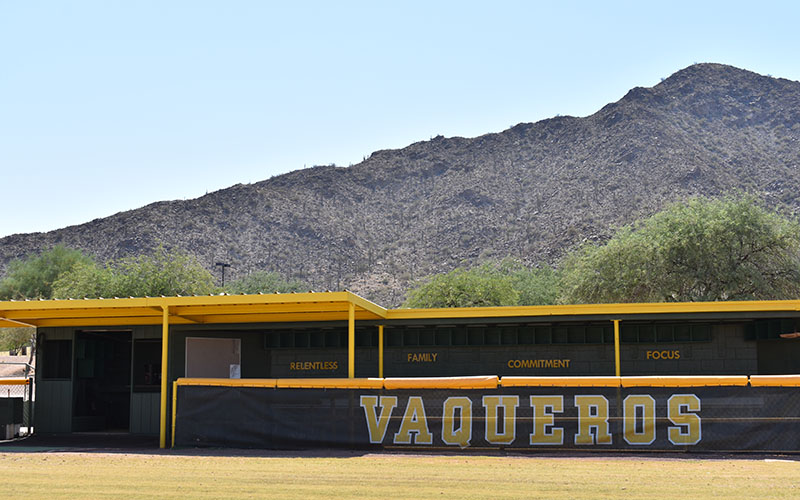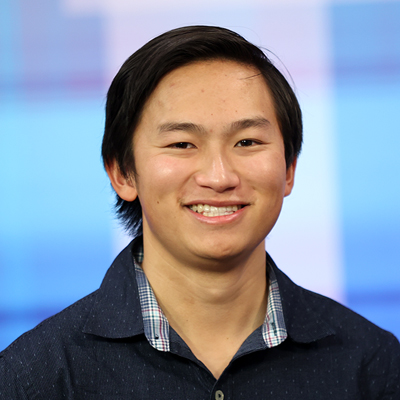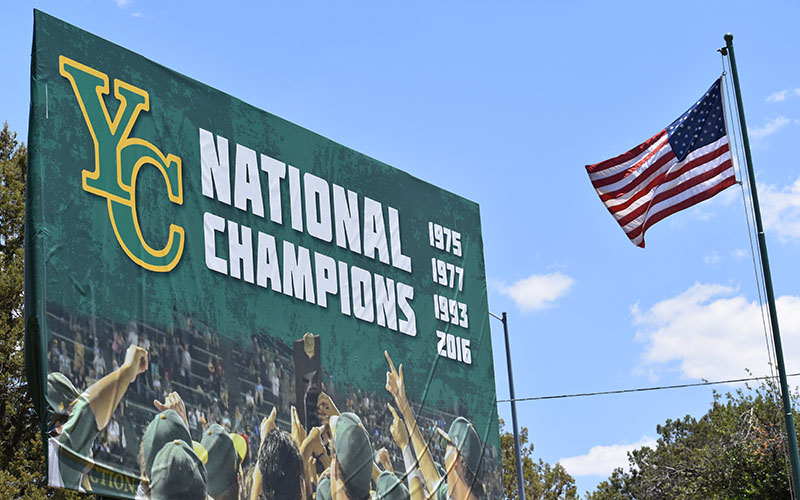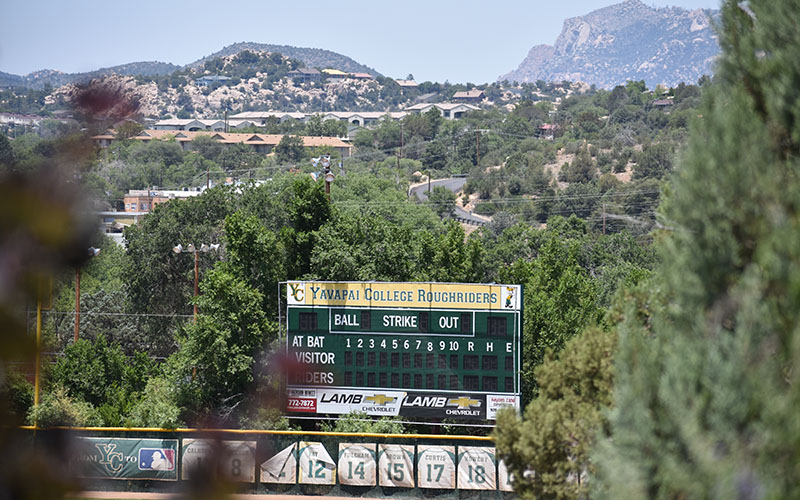PHOENIX – Anthony Gilich remembers March 16, 2020, the day when the National Junior College Athletic Association announced it was canceling the remainder of the spring sports seasons because of COVID-19.
The Central Arizona College baseball coach, now in his seventh year, had to tell his players something he never thought he would have to say – their season was over.
“It was one of the worst moments I’ve probably had as a coach to be honest with you,” Gilich said. “There is no way to sugarcoat (it).”
Yavapai baseball coach Ryan Cougill also remembers that day vividly.
“It was one of the worst things I’ve had to do,” Cougill said. “It was made worse because I didn’t get to do it in-person.”
Before the pandemic cut its season short, Central Arizona looked to repeat as NJCAA Division I World Series champions from 2019, while Yavapai hoped to build on a 22-3 start.
Over 10 months have passed and with less than a week until the beginning of their spring seasons, two of the best Arizona junior college baseball programs are gearing up for a unique season under the COVID-19 umbrella.
Central Arizona and Yavapai,two talented ball clubs playing under the Arizona Community College Athletic Conference (ACCAC), both have been ranked in the Top 25 in numerous preseason polls, including Perfect Game and Collegiate Baseball.
The NJCAA has ranked Central Arizona and Yavapai at No. 10 and No. 16, respectively.
Both begin their seasons Wednesday.
For many junior college baseball programs, the fall season is a crucial part of the team’s development because in addition to intrasquads and scrimmages, teams play roughly 20-25 games in the fall to prepare for the spring. Because of ACCAC restrictions and the schools being closed, both teams were limited in how much they could do this past fall.
Central Arizona held no in-person fall practices or games, making it difficult for Gilich and his staff to implement defenses and evaluate hitting and pitching.

Central Arizona, in Coolidge, held no in-person fall practices or games, making it difficult for the baseball staff to implement defenses and evaluate hitting and pitching. (File photo by Eddie Poe/Cronkite News)
“Typically, we play 20 games in the fall and we are on the field every day and are able to work with our guys,” Gilich said. “This year, we weren’t allowed to coach our guys at all …That was tough because our instinct is to coach and we want to coach and the players want to be coached and want to learn and want to get better.”
Compared to past fall seasons, Cougill said this fall was “pretty much non-existent.”
“We were fortunate enough that (Yavapai) administration and our department allowed a couple guys that were within commute distance to travel up to campus with restrictions,” Cougill said. “(We had) probably 15 to 20 guys up here on campus four times so once a week for four weeks and just putting faces to names and maybe introducing some throwing programs.”
Cougill believes the fall seasons are “more intense” than spring because the team would practice and play six days a week.
“This fall was nothing compared to my freshman year,” said Yavapai sophomore infielder CJ Valdez, one of the team’s leading returners. “We weren’t on campus and not our whole team was in Arizona and so we couldn’t practice to the full capability that we usually do.”
Fortunately for both teams, the Arizona Summer Collegiate League hosted a handful of players from Central Arizona, Yavapai and other Arizona junior colleges to play games against one another during September and October at Salt River Fields, the spring training home of the Colorado Rockies and Arizona Diamondbacks.
Because the fall league was unaffiliated with the NJCAA, players were allowed to see live competition but coaches could not go out and coach in-person, Cougill said.
“The coaching staff was able to watch but we couldn’t coach so that was all we had to go off of throughout our entire fall just to evaluate,” Gilich said. “We had to Zoom our guys or call them after games. We weren’t allowed to be in the dugout and we weren’t allowed to work with them on the field.”
Both teams returned to their respective diamonds on January 4 for in-person practices under strict protocols of testing and temperature checks to minimize any contact tracing.
But with only four weeks to prepare before the start of the season, both coaches have not had much time to build and develop their players.
“We decided to simplify everything – our offense, our defense,” Gilich said. “I wasn’t trying to make the program what it usually is. I just wanted to dial it down and become really good at the few certain things that we are going to lean on.”
While fundraising is certainly a challenge for other programs across the country in the pandemic, both teams had successful campaigns for this upcoming season.
While Gilich did not provide specific numbers, Cougill and his program set a goal of $25,000 and they raised over $30,000 from 270 donors, per Yavapai’s eTeamSponsor fundraiser.
“I was actually shocked at the support we received from friends, family and alumni,” Cougill said. “You’ve got a lot of added expenses in order to have a season during COVID. You’ve got more hotel rooms in order to have kids isolated. You got more equipment needs because you don’t want to be sharing equipment. That was a huge concern of ours, but that concern was lessened with the support that we had.”
Fans and family will not be allowed in the stands for games this season for both teams. Some scouts will be allowed in to watch. While winning is always a priority, making sure players have somewhere to play after community college has never been more important than now for both programs.
“My priority is to place our players and move them on,” Cougill said. “We’ve done an outstanding job of that. Over 99% of our players have gone on to play baseball at a four-year school or professional level and we just have to continue that. Everything’s kind of all-encompassing.”
In order to have a smooth season, players from both teams understand that they must make good decisions off the field to play this season uninterrupted.
“We just have to be smart,” said Central Arizona sophomore Dayton Dooney, a former Arizona Wildcat and one of the best junior college hitters in the country. “(The coaches) are only responsible for us when we are at the field but it’s on our part for the other 20 hours of the day to be responsible college kids and know what’s right and what’s wrong and be able to stay out of trouble as well as stay COVID free.”
So who will be the best team in Arizona? It won’t necessarily be the most talented team. Gilich believes it will be the team that understands the volatility of the situation and doesn’t let its frustrations get the best of them.
“You have to be flexible,” Gilich said. “The team has to handle the delays, the cancellations, the reschedules. The uncertainty of every day and getting jacked up to play a game and then it gets moved to the next day or it gets canceled. Guys who keep their mind right, those teams will probably be the best. There are going to be hurdles this year. There’s no way around it.”


